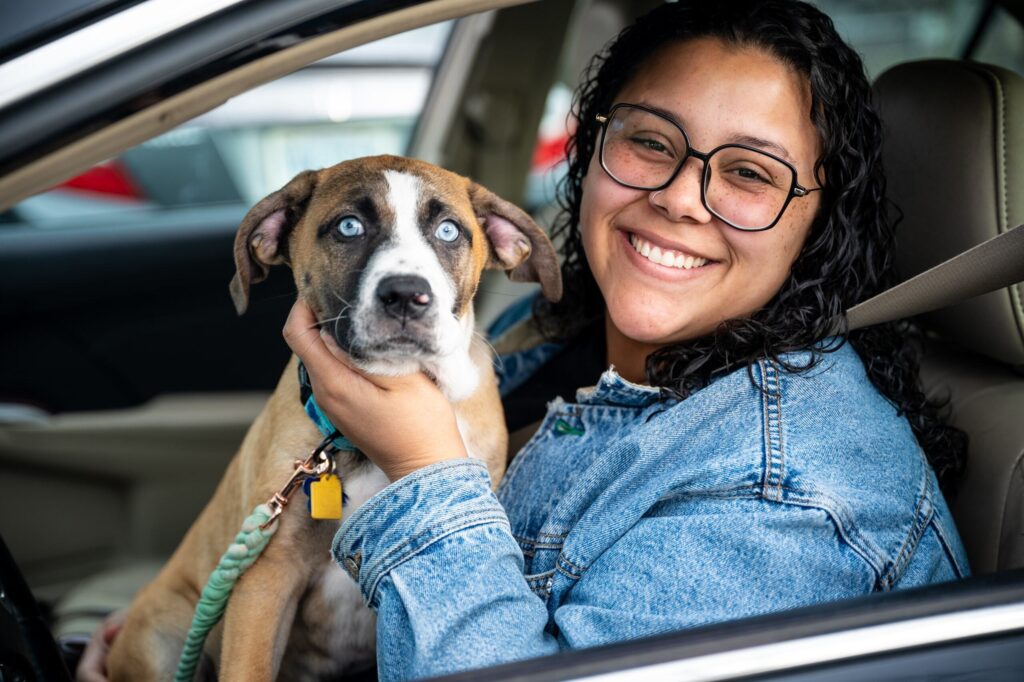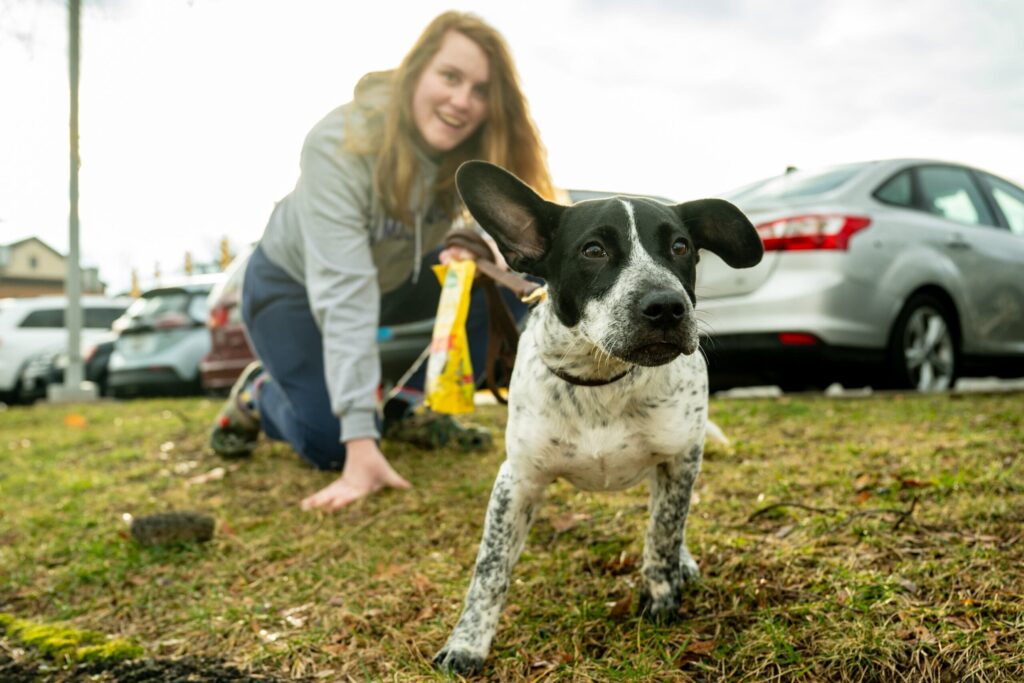Animal shelter offers vouchers for pet neutering

The Fairfax County Animal Shelter is partnering with three veterinarian practices to provide vouchers to lower-income households for big discounts on pet spaying and neutering.
The goal of the program is to encourage pet owners to keep their pets and not surrender them to the animal shelter, says Lauren Krzywicki, manager of the shelter’s Pet Resource Center.
“The two main reasons why pets end up at the shelter is because the owners can’t afford vet care and because the animal is experiencing nuisance behaviors,” Krzywicki says.
Once a dog or cat is neutered, their behavior improves – they are less likely to exhibit spraying, marking, and straying – and are less likely to catch diseases from other animals. By helping with vet care, “we can remove some of those stressors from families,” she says.
The vouchers can be used at Columbia Pike Animal Hospital in Annandale, the Fairfax Animal Hospital in Bailey’s Crossroads, and the Caring Hands Animal Hospital in Merrifield.
To qualify for a voucher, a household must be at or below 200 percent of the poverty level for Northern Virginia. Pet owners who qualify for public assistance, such as Medicaid, Social Security, SNAP, and unemployment benefits, can participate, too.

Applicants buy a voucher from the animal shelter, then get reimbursed by the vet when they bring the pet in for the procedure.
Vouchers for dog neutering cost $180 to $210. That’s far less than the regular fee for neutering, which can be as much as $1,000 for a large dog.
Vouchers for cats are $90 to $130, compared to the regular fee of about $500.
The vouchers also cover vaccines and post-operative care. In some cases, the fees are waived altogether.
Related story: Animals like bedtime stories, too
The discount program is being rolled out slowly, with just a dozen vouchers sold so far.
There is no limit on how many vouchers a family can redeem, but they must apply separately for each pet.
Krzywicki sees this program as “incredibly important to manage shelter intake.” Like just about all animal shelters nationwide, the Fairfax County shelter is seeing more animals coming in and fewer going out. “There’s a nationwide shelter capacity crisis,” she says.
The animal shelter is also supporting pet owners at risk of giving up their pets by providing a pet food pantry, offering reduced rates for vaccines and microchips, and hosting spay and neuter clinics.
In addition, the shelter also offers dog and cat “auditions,” so a prospective pet parent can try out an animal and see if it’s a good fit for their family before committing to an adoption.
The animal shelter has rabbits, guinea pigs, and sometimes birds and reptiles, available for adoption.


While I appreciate the adoption of animals from shelters, how does someone living at 200% below the poverty line in NOVA afford food and routine vet care for the adoptee?
hi! I was hoping and wondering how to get the voucher for neutering your dog, my family is currently going through a really tough time financially. We currently already do have Medicaid as well as EBT. Our pitbull has recently started fighting with our older German Shepard who happens to actually be his dad. As well as jumping our fence and attempting to wonder the neighborhood before we had it fixed to where that was not possible anymore. We are in desperate need of getting him fixed but don’t have the funds to do so on our own. It would be greatly appreciated if we could receive assistance in this matter, as if we are unable to find some kind of solution we will need to find him a new home. Looking forward to hearing back. Thank you!